NEW YORK CITY, NY, USA: The Indian Health Service (IHS), the federal health program in the United States for American Indians and Alaska Natives, is getting some increased attention from dental health care leaders. John S. Findley, DDS, president of the American Dental Association (ADA), recently told the US House Committee on interior appropriations charged with funding the Indian Health Service (IHS) that the IHS dental workforce, already understaffed, faces a significant number of retirements by the most experienced dentists. Dr Findley pointed out that this occurs at a time when “childhood caries and periodontal disease among diabetics are rampant.”
The IHS Dental Program has the broad mission to support American Indian individuals and groups as they strive to improve their oral health. Oral diseases continue to be a significant health problem in the American Indian population. IHS Dental Program objectives address reducing dental decay in children, reducing periodontal disease in children and adults, and fluoridating community water systems.
Dr Findley said that nearly 65 per cent of the agency’s dental specialists are eligible for retirement this year. He asked the subcommittee to increase the program by US$1 million to train new specialists and to ensure that future budgets include that funding. Dentists who have completed residencies in pediatric dentistry, oral surgery and other dental areas provide badly needed advanced oral health care.
According to a 2007 IHS audit, only 36 per cent of diabetes patients had at least one dental visit within the past year. Diabetics with severe periodontal disease have a more difficult time controlling their blood sugar than diabetics without periodontal disease.
The ADA president also requested a 'stronger role' for the director of the IHS Division of Oral Health and that funds be specifically allocated to the director of the IHS headquarters Division of Oral Health to ensure they are used exclusively for dental residencies.
Dr Findley was unequivocal about the need to provide oral health care to Indian children. “Approximately 79 per cent of Indian children 2 to 5 years old have dental decay — a level that far exceeds other ethnic groups,” he said. “The ADA would like to see this eradicated and within five years see that every Native American child is caries-free.”
According to the ADA, the rates of decay among 2- to 5-year-old white children is 19 per cent; for black children 29 per cent, and for Hispanic children 41 per cent.
Testifying before the House Committee on Appropriations’ Subcommittee on Interior, Environment, and Related Agencies, Dr Findley also expressed the ADA’s position on several other IHS issues, including the following:
• Health information technology — The IHS should allocate US$6 million each year as a down payment on the US$20 million needed to implement the electronic dental record system that will ultimately serve 230 federal and tribal dental programs.
• Continue upgrading dental facilities — The ADA urged Congress to continue its program of updating “modular” dental clinics with state-of-the-art equipment that improves the effectiveness of oral health care dental services. There are at least 27 dental programs on the waiting list for updated equipment, and Findley asked the committee to continue this successful program by setting aside US$1 million for fiscal year 2010.
• Centers of excellence in the IHS Division of Oral Health — The ADA is urging Congress to make a priority of creating two centers of excellence for clinical training, to train and recertify dental assistants; and program management, to help dental programs become more efficient and effective in meeting the oral health needs of the people IHS serves.
Dr Findley concluded by stating the ADA’s commitment to working with Congress and the IHS “to aggressively reduce the disparity of oral disease and care that currently exists in Indian Country.”
LOS ANGELES, Calif., USA: The UCLA School of Dentistry has received major new funding to help improve the oral health of children in underserved ...
BUFFALO, N.Y., USA: The best time to identify signs of obstructive sleep apnea may not be at night while snoozing in bed but, instead, while sitting in the ...
CHICAGO, IL, USA: Americans need a serious brush-up when it comes to their oral health, according to a new survey from the American Dental Association (ADA)...
WASHINGTON, DC, USA: The American Academy of Periodontology (AAP) was recently invited to provide testimony to the Centers for Disease Control and ...
SACRAMENTO, Calif., USA: The California Dental Association Foundation’s free dental clinic, CDA Cares, provided more than $1.3 million in charitable ...
Sacramento, Calif., USA: The California Dental Association Foundation’s free dental clinic, CDA Cares, provided an estimated $1.2 million in ...
CHICAGO, IL/NEW YORK, NY, USA: The American Dental Association (ADA) through its Division of Global Affairs and Health Volunteers Overseas (HVO) recently ...
WASHINGTON, D.C., USA: The American Dental Association (ADA) has released its inaugural “Action for Dental Health: Report to Congress,” which ...
CHICAGO, Ill., USA: On March 17, the American Dental Association issued a recommendation to member dentists that dental practices across the U.S. postpone ...
NEW YORK, NY/WASHINGTON, DC, USA: As Congress prepared to adjourn for its summer recess, the American Dental Association was taking a wait-and-see approach ...
Live webinar
Tue. 3 February 2026
7:00 PM EST (New York)
Live webinar
Wed. 4 February 2026
11:00 AM EST (New York)
Live webinar
Thu. 5 February 2026
2:30 PM EST (New York)
Dr. Boota Ubhi BDS, FDS RCS (Edin), MDentSci, MRD RCS (Eng) Specialist, Cat Edney
Live webinar
Thu. 5 February 2026
8:00 PM EST (New York)
Dr. Zeeshan Sheikh Dip.Dh, BDS MSc, M.Perio, PhD, FRCDC, Dip-ABP
Live webinar
Tue. 10 February 2026
7:00 PM EST (New York)
Prof. Dr. Wael Att, Dr. Robert A. Levine DDS, FCPP, FISPPS, AOD, Dr. Larissa Bemquerer ITI Scholar at Harvard
Live webinar
Wed. 11 February 2026
11:00 AM EST (New York)
Dr. med. dent. Sven Mühlemann
Live webinar
Wed. 11 February 2026
12:00 PM EST (New York)
Prof. Dr. Samir Abou Ayash



 Austria / Österreich
Austria / Österreich
 Bosnia and Herzegovina / Босна и Херцеговина
Bosnia and Herzegovina / Босна и Херцеговина
 Bulgaria / България
Bulgaria / България
 Croatia / Hrvatska
Croatia / Hrvatska
 Czech Republic & Slovakia / Česká republika & Slovensko
Czech Republic & Slovakia / Česká republika & Slovensko
 France / France
France / France
 Germany / Deutschland
Germany / Deutschland
 Greece / ΕΛΛΑΔΑ
Greece / ΕΛΛΑΔΑ
 Hungary / Hungary
Hungary / Hungary
 Italy / Italia
Italy / Italia
 Netherlands / Nederland
Netherlands / Nederland
 Nordic / Nordic
Nordic / Nordic
 Poland / Polska
Poland / Polska
 Portugal / Portugal
Portugal / Portugal
 Romania & Moldova / România & Moldova
Romania & Moldova / România & Moldova
 Slovenia / Slovenija
Slovenia / Slovenija
 Serbia & Montenegro / Србија и Црна Гора
Serbia & Montenegro / Србија и Црна Гора
 Spain / España
Spain / España
 Switzerland / Schweiz
Switzerland / Schweiz
 Turkey / Türkiye
Turkey / Türkiye
 UK & Ireland / UK & Ireland
UK & Ireland / UK & Ireland
 International / International
International / International
 Brazil / Brasil
Brazil / Brasil
 Canada / Canada
Canada / Canada
 Latin America / Latinoamérica
Latin America / Latinoamérica
 China / 中国
China / 中国
 India / भारत गणराज्य
India / भारत गणराज्य
 Pakistan / Pākistān
Pakistan / Pākistān
 Vietnam / Việt Nam
Vietnam / Việt Nam
 ASEAN / ASEAN
ASEAN / ASEAN
 Israel / מְדִינַת יִשְׂרָאֵל
Israel / מְדִינַת יִשְׂרָאֵל
 Algeria, Morocco & Tunisia / الجزائر والمغرب وتونس
Algeria, Morocco & Tunisia / الجزائر والمغرب وتونس
 Middle East / Middle East
Middle East / Middle East


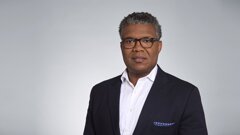


























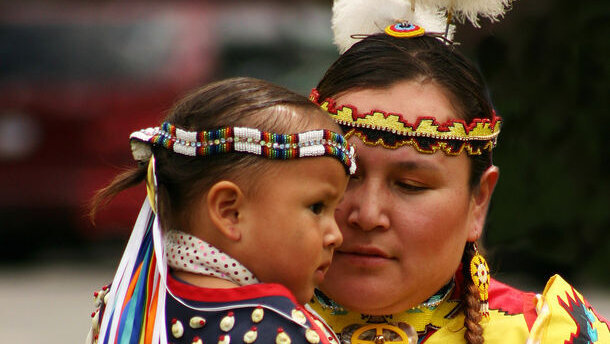




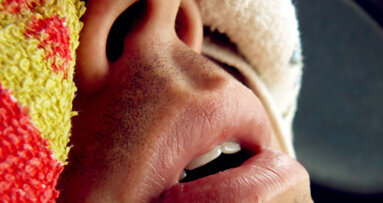
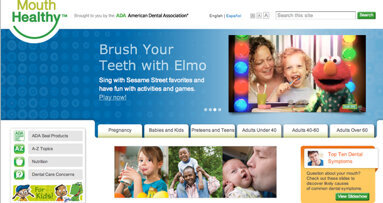
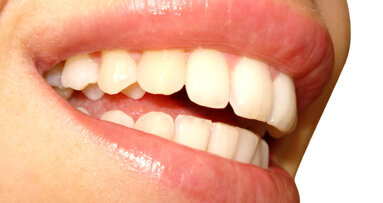
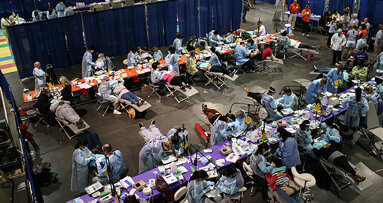
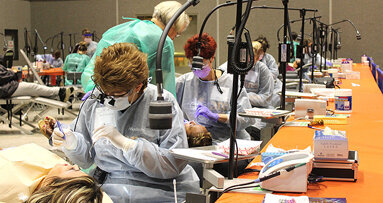

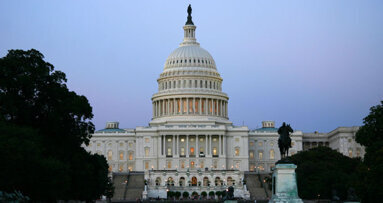
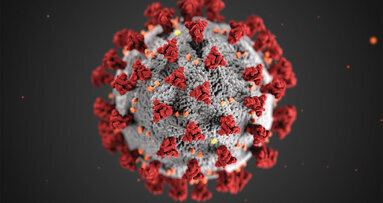
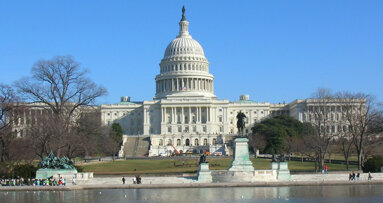
















To post a reply please login or register